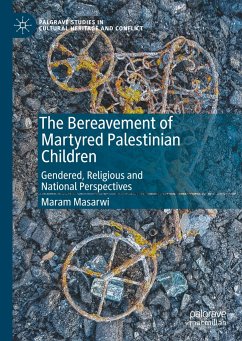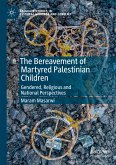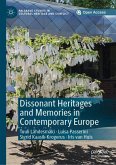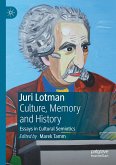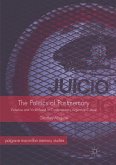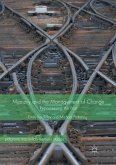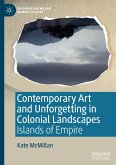This book examines the phenomenon of individual and collective bereavement in Palestinian society. It seeks to explore the boundaries of the discourse of bereavement and commemoration in that society through the interactive relations between religion, nationality and gender, and the ways these influence the shaping of the mourning process for Palestinian parents who have lost their children in the second (al-Aqsa) Intifada. Over the course of the book's five chapters, Maram Masarwi scrutinizes how these components have shaped the differences in behavior between bereaved fathers and bereaved mothers: what characterizes these differences, how they are expressed, and how they have managed to shape the characteristics of the experience of Palestinian bereavement.
"The Bereavement of Martyred Palestinian Children: Gendered, Religious and National Perspectives is a fascinating book that commemorates the Palestinian trauma, martyrs and their parents. ... this book makes a substantial contribution and is an indispensable contribution to the literatures on trauma, bereavement, memory, martyrdom, conflict, life-writing, masculinity, terrorism and gender studies." (Journal of Contemporary Asia, February 3, 2020)

